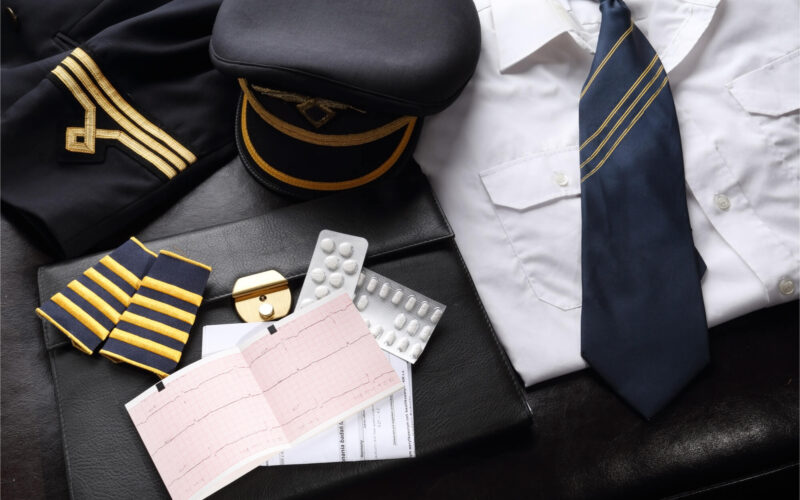The Directorate General of Civil Aviation (DGCA) proposed draft rules regarding psychoactive drug testing policy for aviation personnel.
According to the latest Civil Aviation Regulation (CAR) issued by the DGCA on August 28, 2021, the drug testing policy has been proposed due to the worldwide distribution and abuse of psychoactive substances, which pose a severe concern for national aviation safety.
A study conducted by the Indian Ministry of Social Justice and Empowerment revealed that cannabis and opioids are the most common psychoactive substances used in India besides alcohol.
Based on conclusions from the national data, the authorities noted a potential threat to civil aviation due to the use of psychoactive drugs by aviation employees.
The provisions in the proposed draft apply to aircraft operators engaged in commercial operations, maintenance-repair organizations, flying training organizations, and air navigation service providers.
As per the safety regulations, the medical personnel of an organization would conduct a random drug testing procedure on flight crew members and air traffic controllers to check for the consumption of psychoactive substances.
The program would also ensure that an organization would cover at least five percent of employees in the testing regime annually.
The tests would be conducted to check traces of drugs like Amphetamine, Methamphetamine, Cannabis, Cocaine, Opioids, Barbiturates, Benzodiazepine, and Ecstasy.
If test results are positive, the supervisor must immediately relieve the concerned employee from duty until a confirmatory report is received. If a person tests positive on the second trial for active drug traces, the individual’s license would be suspended for three years, and on a third positive occasion, it would be canceled.
“DGCA shall nominate a Medical Review Officer (MRO) having detailed knowledge of substance abuse disorders,” DGCA added in the report. “In case of any disagreement, if considered necessary, DGCA may refer the matter to the MRO for advice.”

